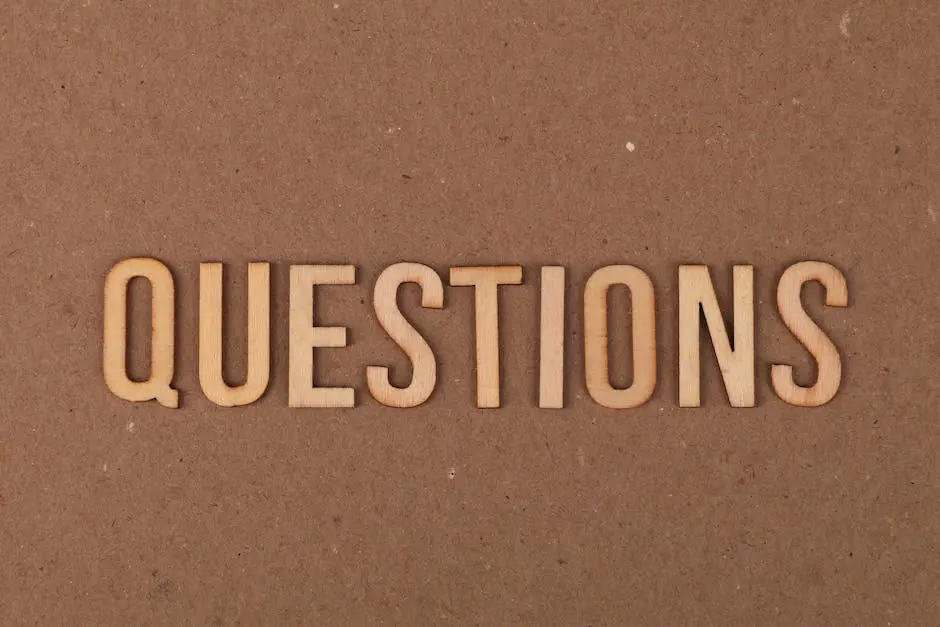In the maze of social interactions where candor can be both a boon and a bane, the artful deployment of white lies can occasionally prove helpful. While the moral compass pivots towards honesty as the most admirable course of action, there are instances where absolute truthfulness may potentially harm relationships, causing more harm than good. This discussion aims to navigate these complex currents, focusing on situations where a white lie could be beneficial – fielding undesirable invitations, parrying prying queries, and expressing gratitude for less-than-pleasing presents.
Handling an Unwanted Invitation
When Honesty Isn’t Always the Best Policy: Handling Unwanted Invitations
Social situations can sometimes put us in a tricky spot. Suddenly you find yourself faced with an invitation that’s more of a burden than a pleasure. After all, how can you decline without offending the other party? The good news? It’s possible. The solution lies in the age-old practice of a white lie.
One example of this situation is an invite to a party or event that you would rather not attend. Whether it’s because you’re tired, not interested in the event, or simply don’t feel like socializing, sometimes the best response is a small white lie.
It’s certainly simpler and more socially acceptable than bluntly stating, “I don’t want to come.” A more gentle let down? “I already have an engagement.”
This way, you avoid tarnishing the relationship with the invitee and maintain social harmony. The key here is to prevent the other person from feeling rejected or unimportant.
Remember, the intention behind using a white lie is not to deceive but to protect. It’s about preserving the other person’s feelings and dignity, especially in social scenarios where honesty could lead to unnecessary awkwardness or emotional distress.
So, next time you finding yourself grappling with an unwanted invitation, remember this social tool. A gentle white lie can save the day, maintaining bonds and ensuring social grace remains unscathed.

Dodging Inquisitive Questions
Dodging Inquisitive Questions: Maintaining Privacy with Politeness
In every social event, there will always be an inquisitive person who will ask personal or somewhat intrusive questions. While some inquiries may be harmless, certain queries border on the line of excessive curiosity, for example, queries related to your salary or income. When confronted with such instances, it’s important to comfortably and politely steer the conversation away without resorting to blunt refusals or aggressive responses.
An effective way to dodge such questions is through a tactful white lie. Taking the same example of an income-related question, instead of answering honestly or being rude, a simple white lie such as, ‘I prefer not to discuss my finances,’ can come in handy. It not only keeps you from divulging sensitive details about your salary but also helps to maintain the warmth and politeness of the conversation.
This approach is not limited to salaries but also applies to many other personal matters. When asked about marital status or plans to have children, responses such as ‘when the time is right, it will happen,’ ‘I prefer leaving it to fate,’ or ‘I’m focusing on my career right now,’ can help in deferring uncomfortable conversations while leaving little room for further interrogation.
It’s worth mentioning that the art of dodging questions does require some thinking on your feet, but with practice, it gets easier. The goal, after all, isn’t to deceive or manipulate, but to protect personal boundaries while preserving social relationships. Remember, it’s perfectly fine to keep some details about your life private, and a tactful white lie can be a valuable tool to achieve that.

Expressing Appreciation for Unwanted Gifts
Master the Art of Unwanted Gift Appreciation
Receiving a gift, regardless of what it is, essentially means that someone took the time and effort to think about you. Hence, even if the present doesn’t align with your preferences or taste, it’s essential to show gratitude. A simple way to do is by praising the giver’s thoughtfulness instead of focusing on the gift itself. A quick ‘This is so unique, I have nothing like it!’ or ‘I didn’t expect this, you surprised me!’ can gracefully mask your genuine thoughts about the unsuitable item.
Of course, expressing authentic emotions is a crucial aspect of maintaining healthy relationships. However, in unwelcome gift scenarios, a small white lie can often maintain the bond’s harmony and prevent any unnecessary heartache.
Verbalize the Effort, Not the Outcome
The element of surprise is always there while receiving gifts, and sometimes, the surprise leans more towards shock than joy. Nevertheless, depicting your acknowledgment of the giver’s effort aids to keep an unpleasant situation from spiraling. Phrases like ‘Wow, you put so much thought into this!’ or ‘You really went out of your way for this, thank you!’ can effectively steer the focus away from the gift and towards the giver’s intentions.
Fallback to Humility Especially for Personalized Presents
Sometimes, people get personalized gifts that are far from their liking. In such instances, turning to humility is a safe bet. Expressing how you feel honored or spoiled can work wonders. Remarks such as ‘I’m so spoiled, thank you for putting so much effort into personalizing this!’ or ‘I feel so special, this is so personalized!’ can radiate appreciation, even if you’re stashing that gift in the back of your wardrobe.
In the end, the art of expressing appreciation for unwanted gifts lies in delicately using white lies to soothe a situation while still respecting the gift giver’s feelings. Remember, a little bit of thoughtfulness in your response can go a long way in preserving relationships.

In the grand scheme of things, our goal is to build harmonious relationships and maintain a positive environment. While these white lies barely distort the truth, they act as social lubricants smoothing out the awkward bumps and tricky turns of interaction. They represent an act of empathy, respecting the feelings of others while safeguarding our own comfort zones. Just remember, their purpose should always be to ensure kindness prevails even in the most awkward scenarios.


Recent Comments